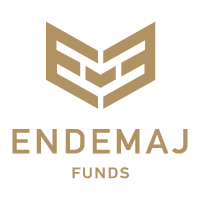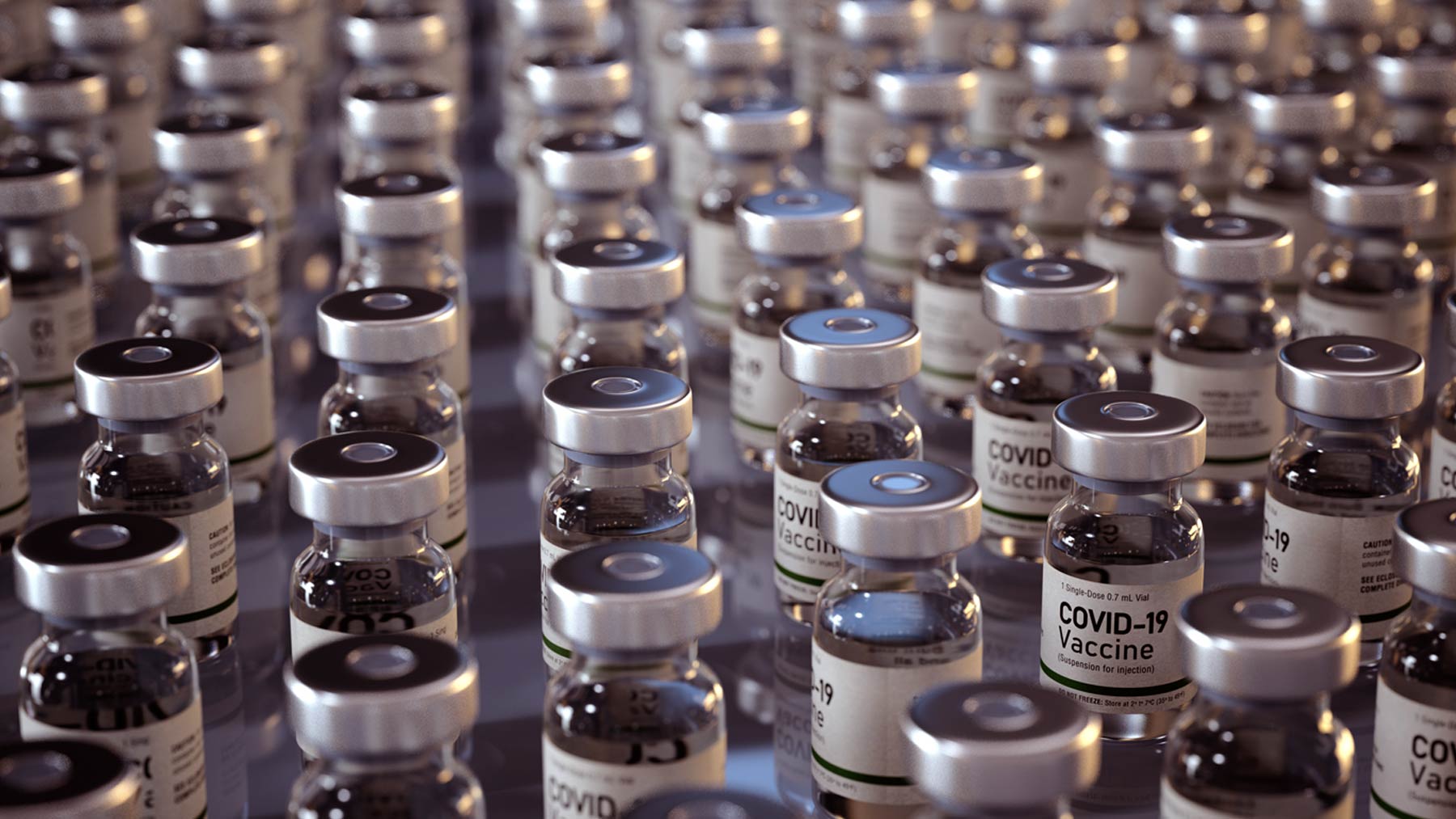Product Authentication in the Palm of Your Hand
Over the last six months, the COVID-19 pandemic has had a profound impact on humanity, radically changing the way we see and interact with the world. Suddenly, handrails at publicly shared spaces are danger zones; a person coughing in the lift raises red flags; and face masks have turned into an extremely coveted global commodity practically overnight. However, as groceries put up ‘sold out’ signs on their shelves, forcing consumers to turn elsewhere, a new problem began to emerge: The proliferation of illicit medical products through various back channels.
Unverified medical products infiltrating markets
According to the International Criminal Police Organization (INTERPOL), around 4.4 million units of fake medical products have been seized since March 2020 through Pangea XIII, a specially designated global campaign against illicit medicines and medical devices. The products confiscated by the policing body, valued at approximately USD 14 million, range from fake face masks, gloves, and coronavirus test kits to antibiotics, herbal treatments, and medicines under consideration as potential coronavirus vaccines. Chloroquine, an antimalarial treatment that rose to prominence due to unverified connections made between the medicine and the coronavirus, became a choice target for illicit activity. The World Health Organization (WHO) reports that falsified chloroquine products have been distributed around countries in Africa and Europe as treatment for COVID-19. From 31 March to 2 April, the organization claims to have been alerted to 14 reports of falsified variants of the substance being detected by monitoring bodies in five countries: France, Burkina Faso, Cameroon, Niger, and Democratic Republic of Congo. Based on current data, WHO estimates that one out of 10 medical products marketed or sold in low- and middle-income countries is either substandard or falsified. The organization believes the circulation and use of falsified or substandard medicines will do more harm than good.
“Best case scenario they [fake medicines] probably won’t treat the disease for which they were intended“, stated Pernette Bourdillion Esteve, member of the WHO fake medical products team, as reported by BBC.
“But worst-case scenario they’ll actively cause harm, because they might be contaminated with something toxic,” he added.
In addition to medical products, some general consumer market goods have also become targets of illicit activities. As global demand rose, INTERPOL detected an increase in substandard hand sanitisers, cleaning wipes, and soap products.
The technological problem
The most active channels of distributing counterfeit or substandard medical products are found online, claims the global law enforcement agency. Social media is identified as one of the primary sources of counterfeit medical products, which correlates with the sudden spike in social media use throughout the pandemic. Data collected by global thinktank Kantar reveals a 61 per cent increase in social media engagement over normal usage rates during the pandemic, giving suppliers of fake medical products a foothold to exploit. Profiteers also leveraged direct messaging to market their wares amidst fears of the disease, taking advantage of the 40 per cent increase in Whatsapp usage during the same period. E-commerce websites – having limited barriers to entry – found themselves infiltrated by similar entities and activities. Unfortunately, the INTERPOL predicts activities such as these will continue to trend upward as the pandemic rages on.
“When life-saving products or a vaccine become available, demand will soar, resulting in a parallel increase in the theft and counterfeiting of these medicines,” the agency stated in its report named COVID-19: The Global Threat of Fake Medicines released May 2020.
Technology as the ultimate solution
Enter ÕNEST, a digital solution designed to help eliminate falsified or substandard medical products from the market by leveraging the power of blockchain technology. Envisioned as a mobile-focused platform, Õnest aims to have a positive social impact by enabling honest and transparent transactions involving medical products, equipment, and treatments all over the world. This will be done through instant product verification using a smart phone or a similar mobile device. Õnest will use the QR scanner typically found on a smart phone or tablet to scan QR codes on products and verify their authenticity. If a product is authentic, the application will instantly return vital product information such as production dates, expiry dates, lot numbers, and batch codes. The platform is backed by a blockchain-based database that will store all the details relevant to verified products, exactly as specified by the respective product manufacturers. Õnest will also integrate AI-powered optical recognition technology to scan and interpret antibody testing results, and consequently recommend the appropriate follow-up steps to the user. On the enterprise end, the platform will allow manufacturers to upload and update product information in an unassailable database with ease, and have corresponding unique QR codes generated automatically by the system for end-user verification. The producer variant of the application will feature a comprehensive dashboard that will offer a host of functionalities, such as End User registration tracking, Õnest Test Report monitoring, catalogue management, shipment tracking, and automated reporting. Õnest can also be integrated with wide-scale national and international systems to give authorised governing bodies a top-level view of interactions taking place within the system and provide proper general oversight.
Immediate advantages, endless potential
By combining widely-adopted software and hardware with cutting-edge nascent technologies, Õnest enables the use of tomorrow’s technology, today. The Õnest ecosystem provides a globally unified solution to counterfeit products by making the distribution system traceable for all the stakeholders, from manufacturer to purchaser. It strengthens accountability by encouraging clearer and more comprehensive digital audits. Most importantly, it helps consumers verify the authenticity of products in real-time. With blockchain serving as the fundamental building block of the ecosystem, information will remain perpetually private, encrypted, and immutable. The entire ecosystem will also be easily scalable and integrable into existing systems, which will open up unlimited use cases in industries beyond the medical field. Over time, Õnest has the potential to build lasting trust and confidence by supporting a high level of transparency between governing bodies, manufacturers, distributors, and consumers.
“The Covid-19 pandemic has shown that no country, hospital, or person is immune to the harm caused by counterfeit and falsely labelled medical products,” said Õnest Chairman and former INTERPOL Secretary General Ronald K. Noble.
“The world needs integrated global verification platforms like Õnest to enable the fast, transparent and accurate certification of medical products and of testing and vaccination certificates,” added Mr. Noble.
Glowing support from the White House
Even in its early stages of development, the platform has already received positive recognition, most notably from the White House. Dr. Erik Noble, White House Senior Policy Advisor for Science & Technology, had some glowing words for the project.
“Most interesting and timely is Onest, which I have reviewed the materials and received a detailed briefing from Mr. Giacometto,” remarked Dr. Noble, in an official correspondence.
“These types of solutions are exactly what we are reviewing and seeking to have online as-soon-as-possible for competition in the market to thrive as the economy restarts better than ever,” he added.
_________
Author: Albert Navarrete


